Cyber
Select...
SITUATION REPORTS
U.S., China: Anthropic Claims Chinese Companies Are Using Claude for Distillation
Feb 24, 2026 | 20:44 GMT
EU: Regulators Say TikTok's 'Addictive Design' Violates Online Safety Laws
Feb 6, 2026 | 17:19 GMT
Russia, Poland: Researchers Attribute Attempted Data Wiper Attack to Russian APT Sandworm
Jan 26, 2026 | 19:59 GMT
EU: Commission Launches Formal Investigation Into X Over DSA Violations
Jan 26, 2026 | 19:56 GMT
South Korea: Seoul Rolls Out AI Safety Law
Jan 22, 2026 | 21:59 GMT
China, U.K.: Governments Set Up Cyber Dialogue
Jan 20, 2026 | 19:31 GMT
Cambodia: Hundreds of Fraudsters Flee Sihanoukville
Jan 16, 2026 | 16:14 GMT
U.S., China: China Bans U.S. and Israeli Cybersecurity Products, Nvidia H200 Chips
Jan 14, 2026 | 20:52 GMT
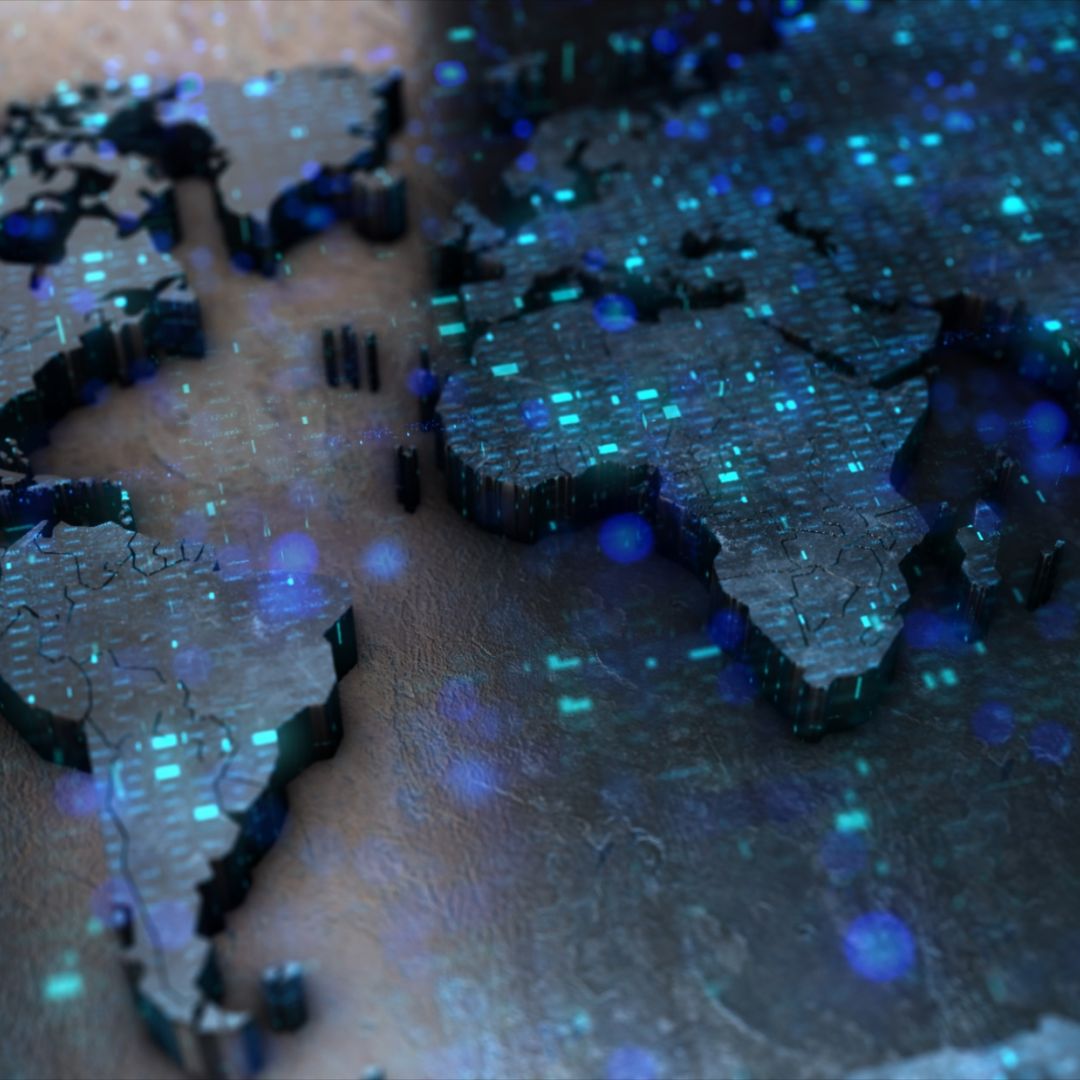
AssessmentsJan 12, 2026
RANE's Top 10 Risks for 2026
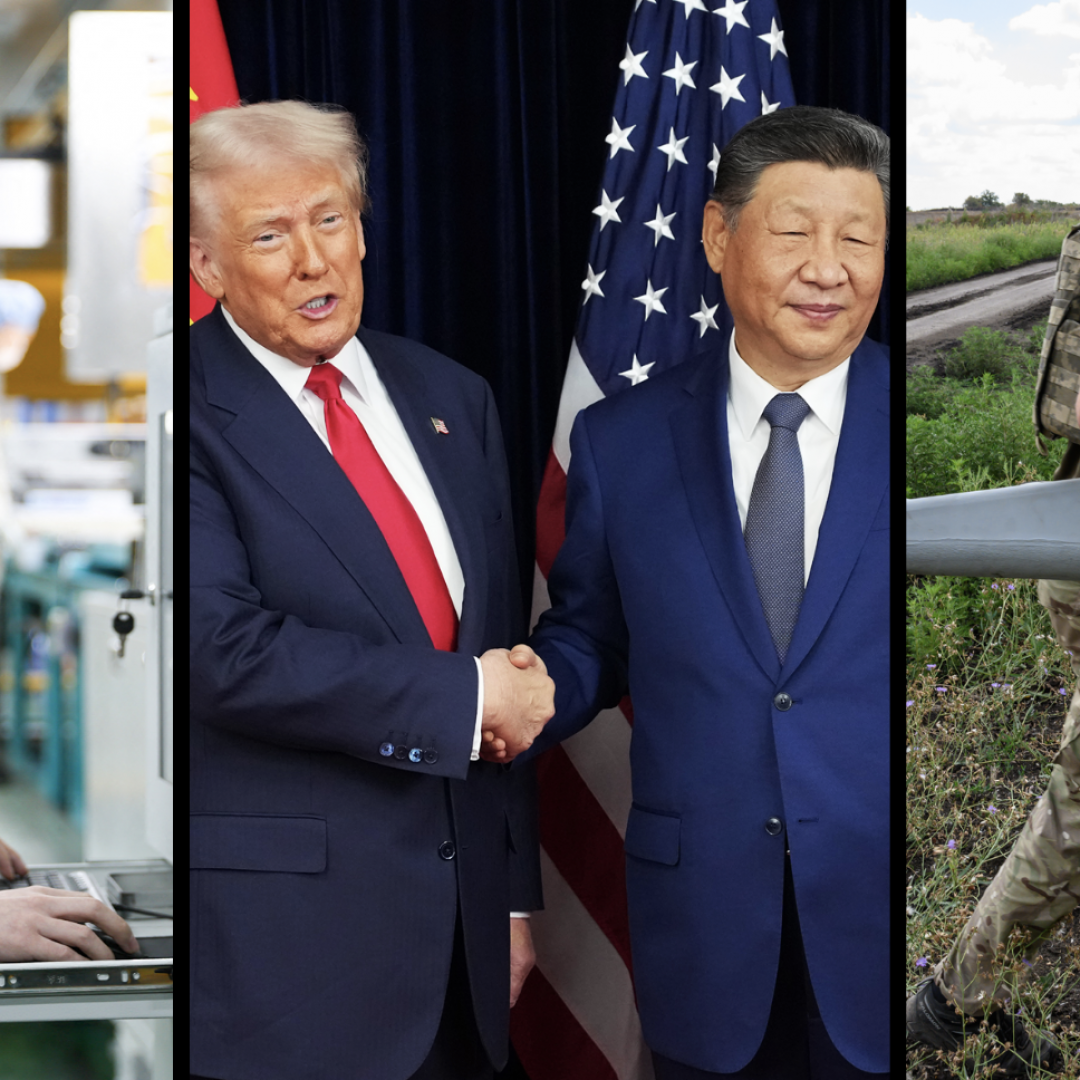
AssessmentsJan 5, 2026
2026 Annual Geopolitical Forecast: An Excerpt
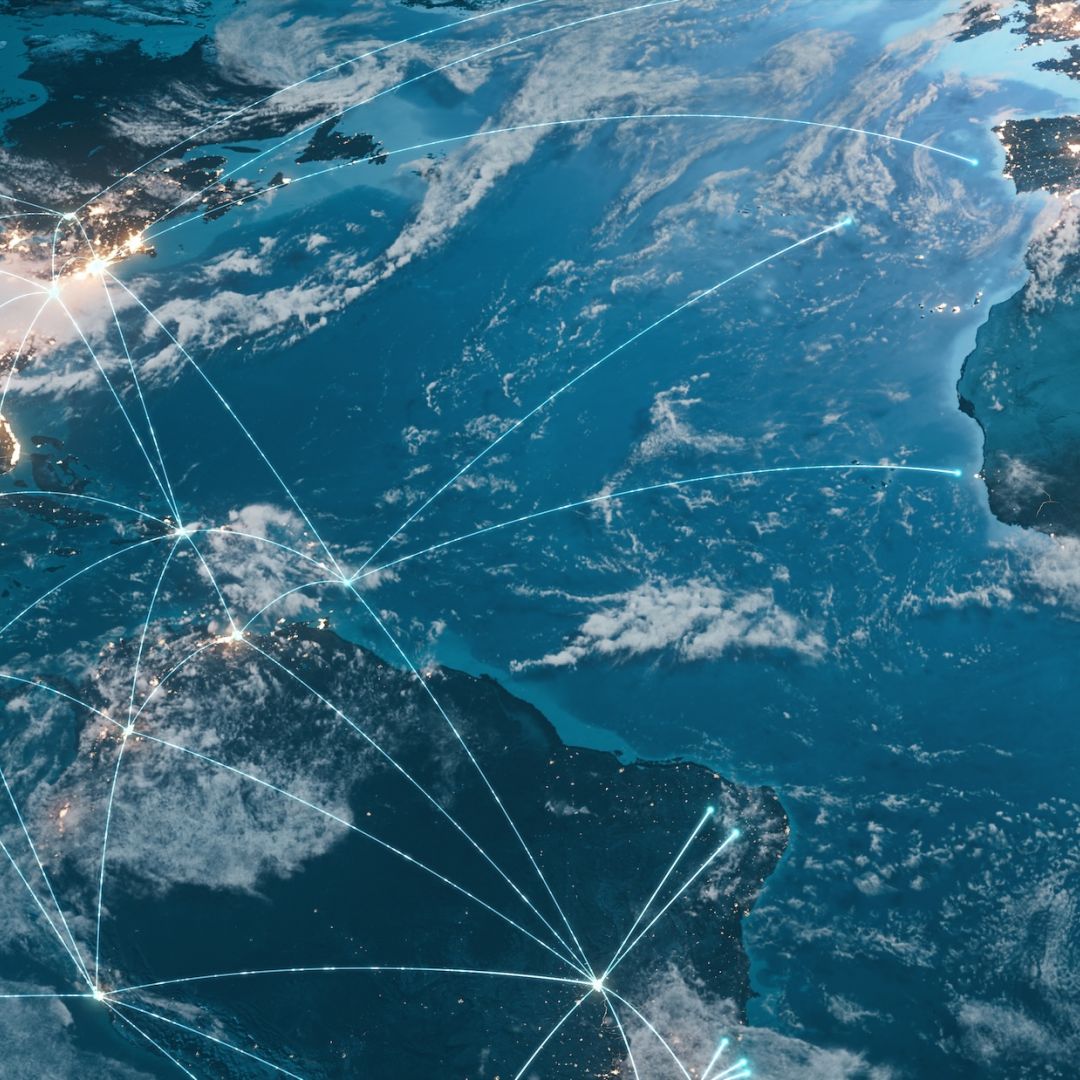
AssessmentsDec 31, 2025
2025: A Geopolitical Review

AssessmentsDec 17, 2025
2026 Annual Forecast: A Global Overview
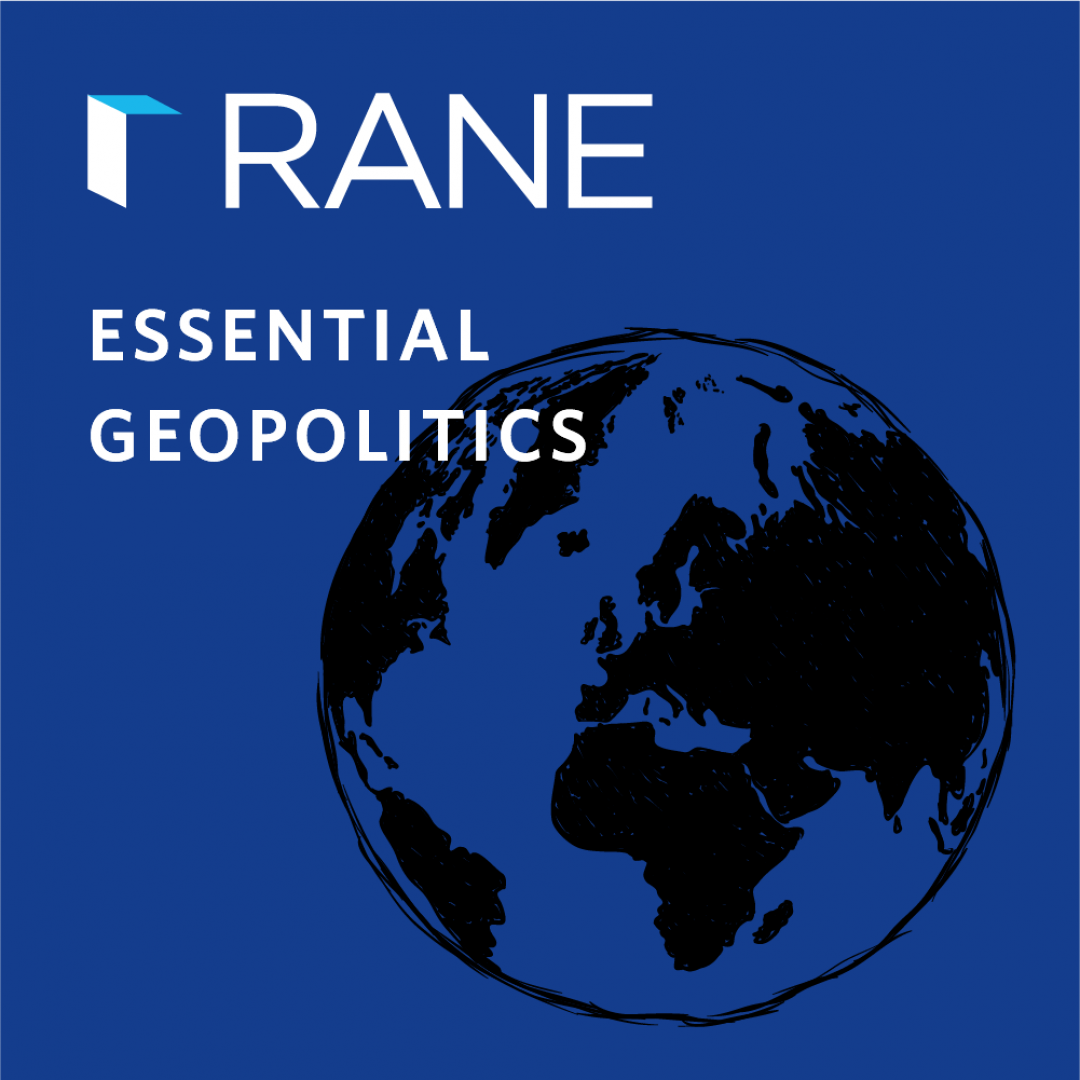
PodcastsDec 10, 2025
Essential Geopolitics: The Role of AI in State-Sponsored Cyber Espionage Campaigns
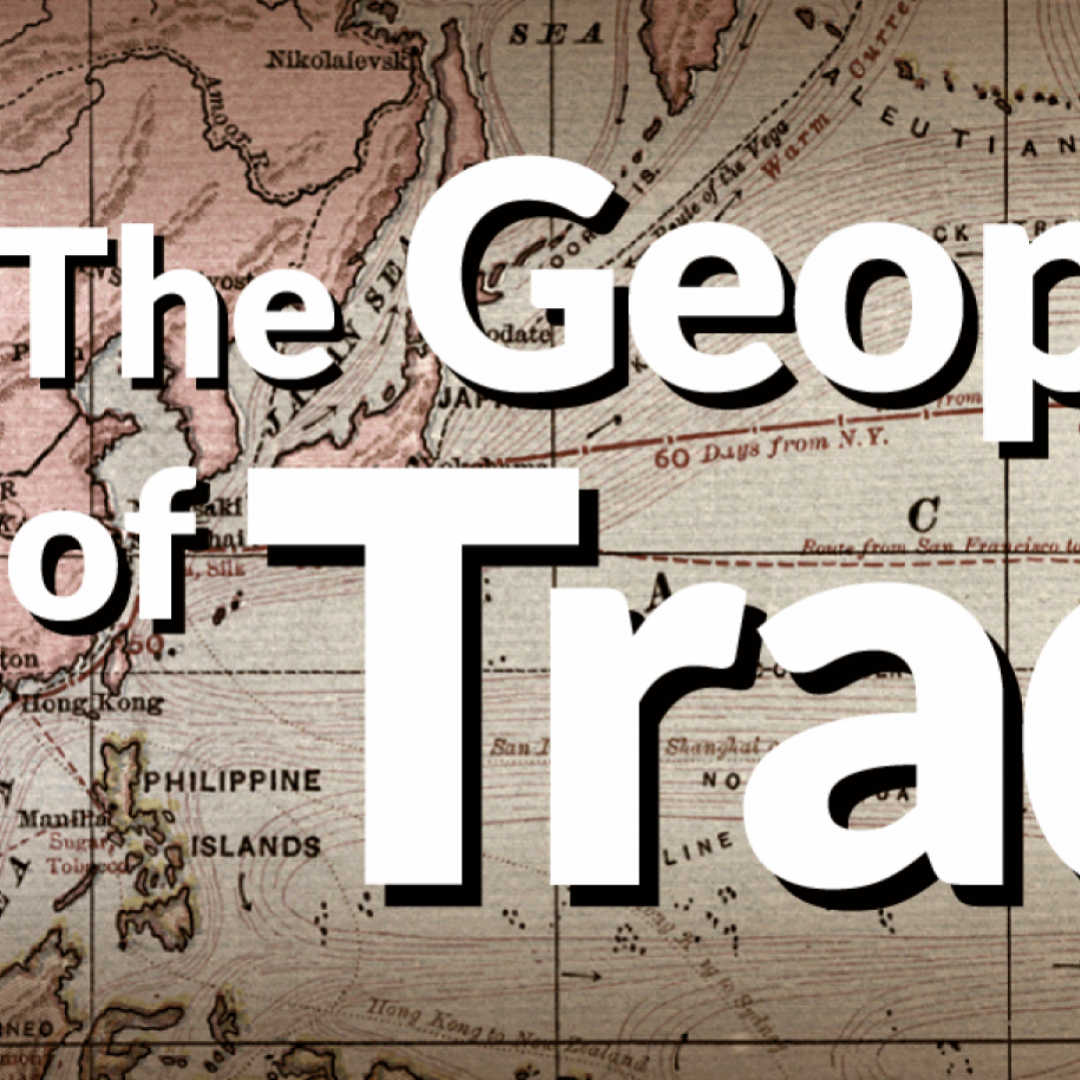
AssessmentsSep 25, 2025
The Geopolitics of Trade: The Role of Digital Trade in Modern Free Trade Agreements
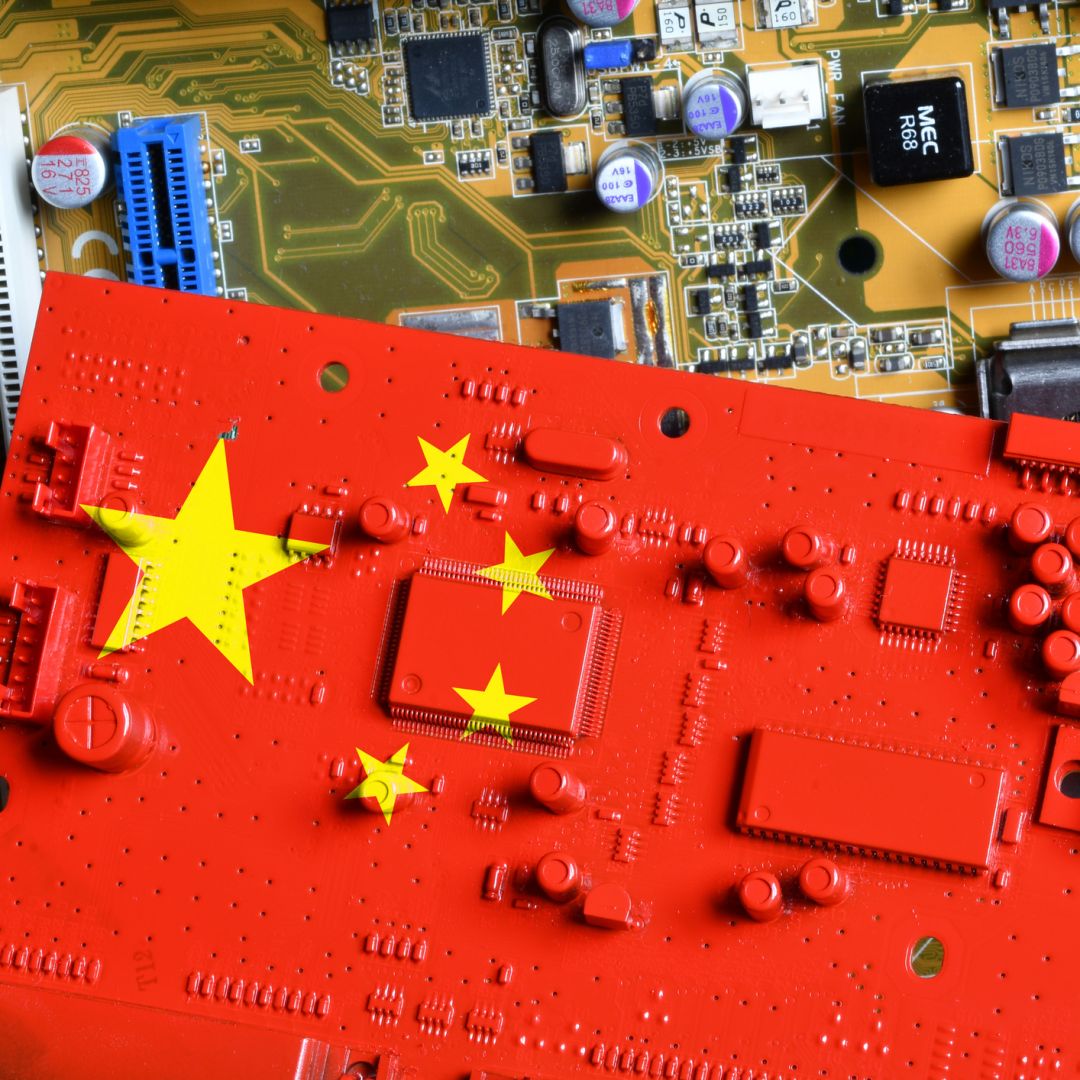
SnapshotsSep 18, 2025
China's Chip Advances Increase Beijing's Leverage in Talks With the U.S.
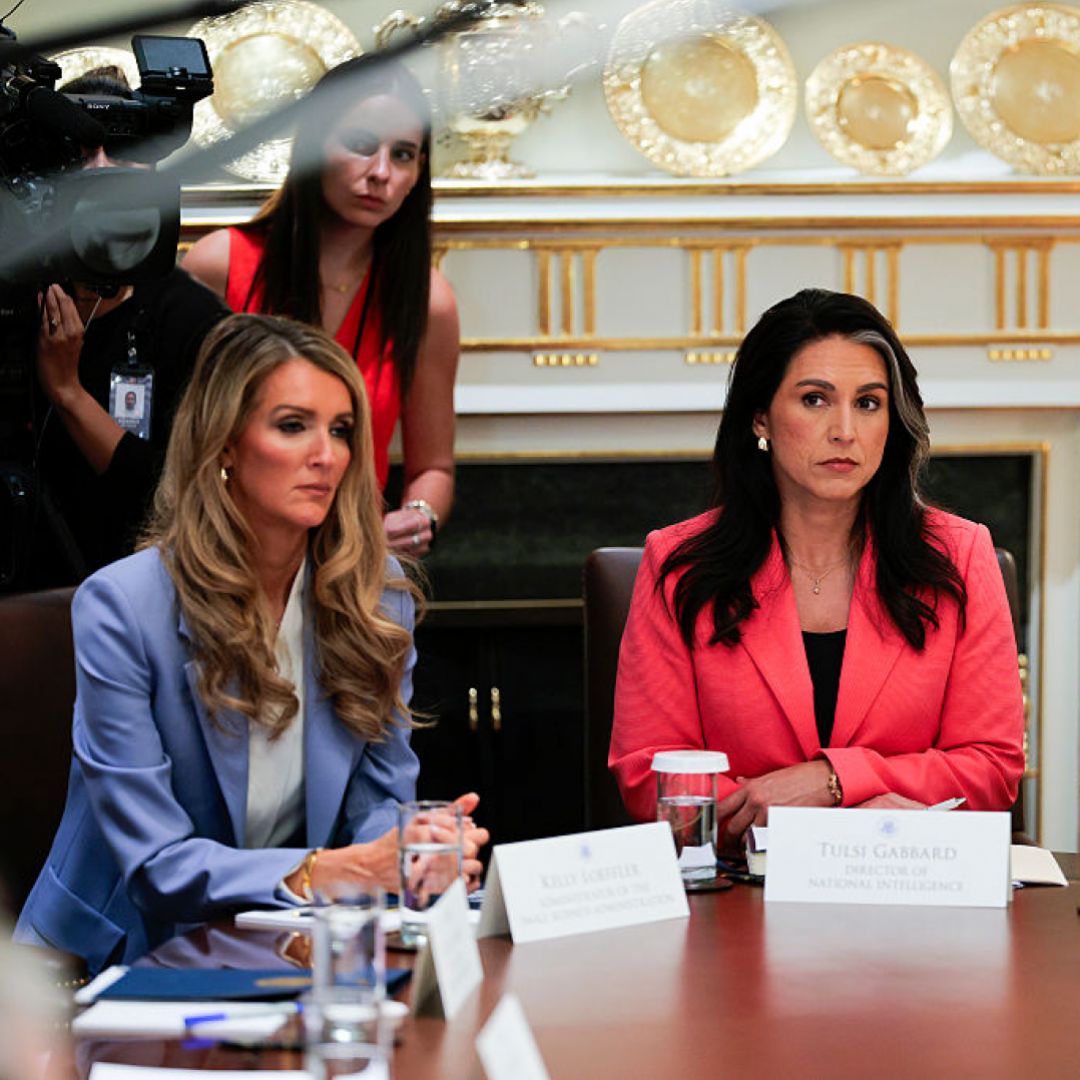
AssessmentsSep 15, 2025
U.S. Digital Defenses Weaken, Opening the Door for Nation-State Operations
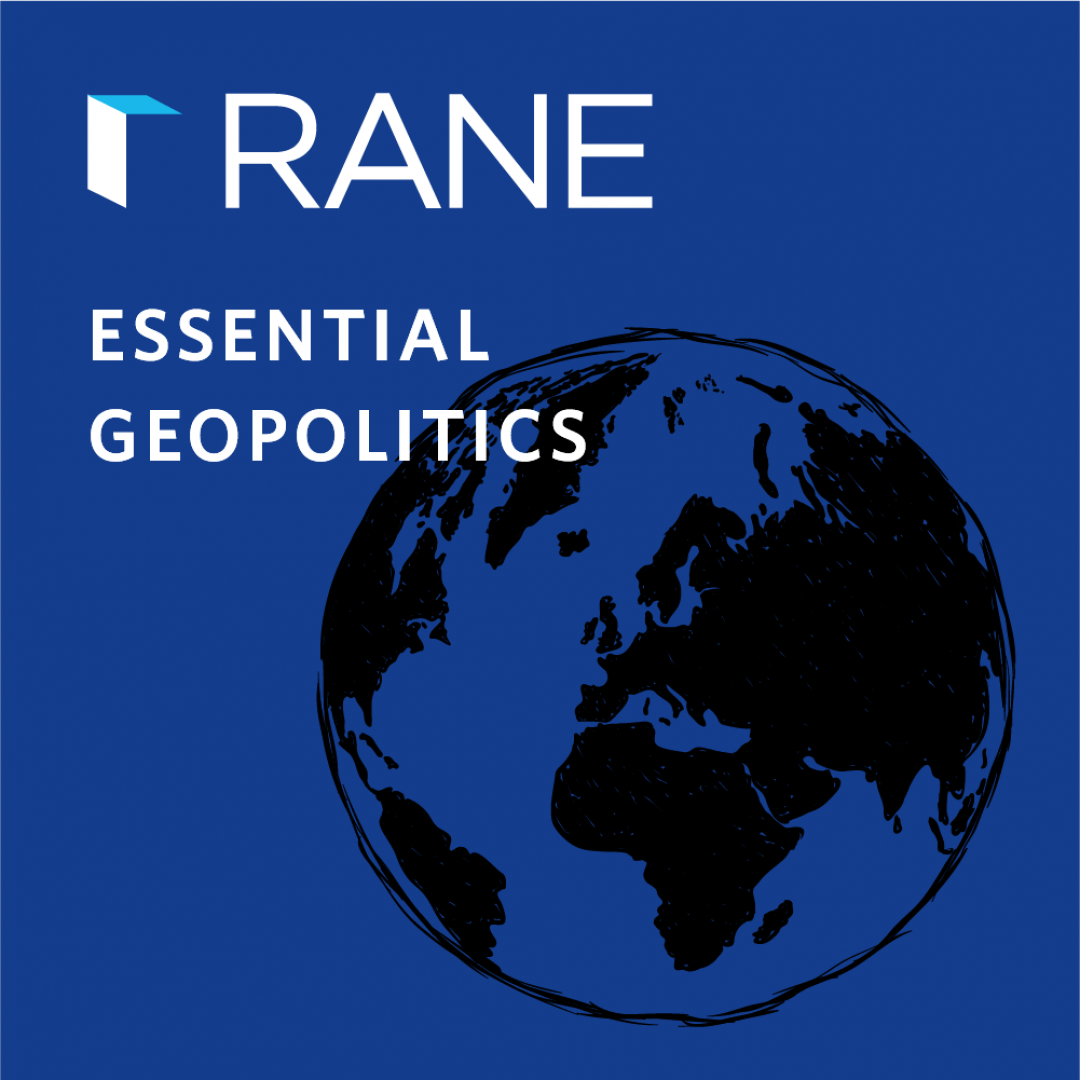
PodcastsSep 13, 2025
Essential Geopolitics: What Gabbard's ODNI Cuts Mean for Corporate Security
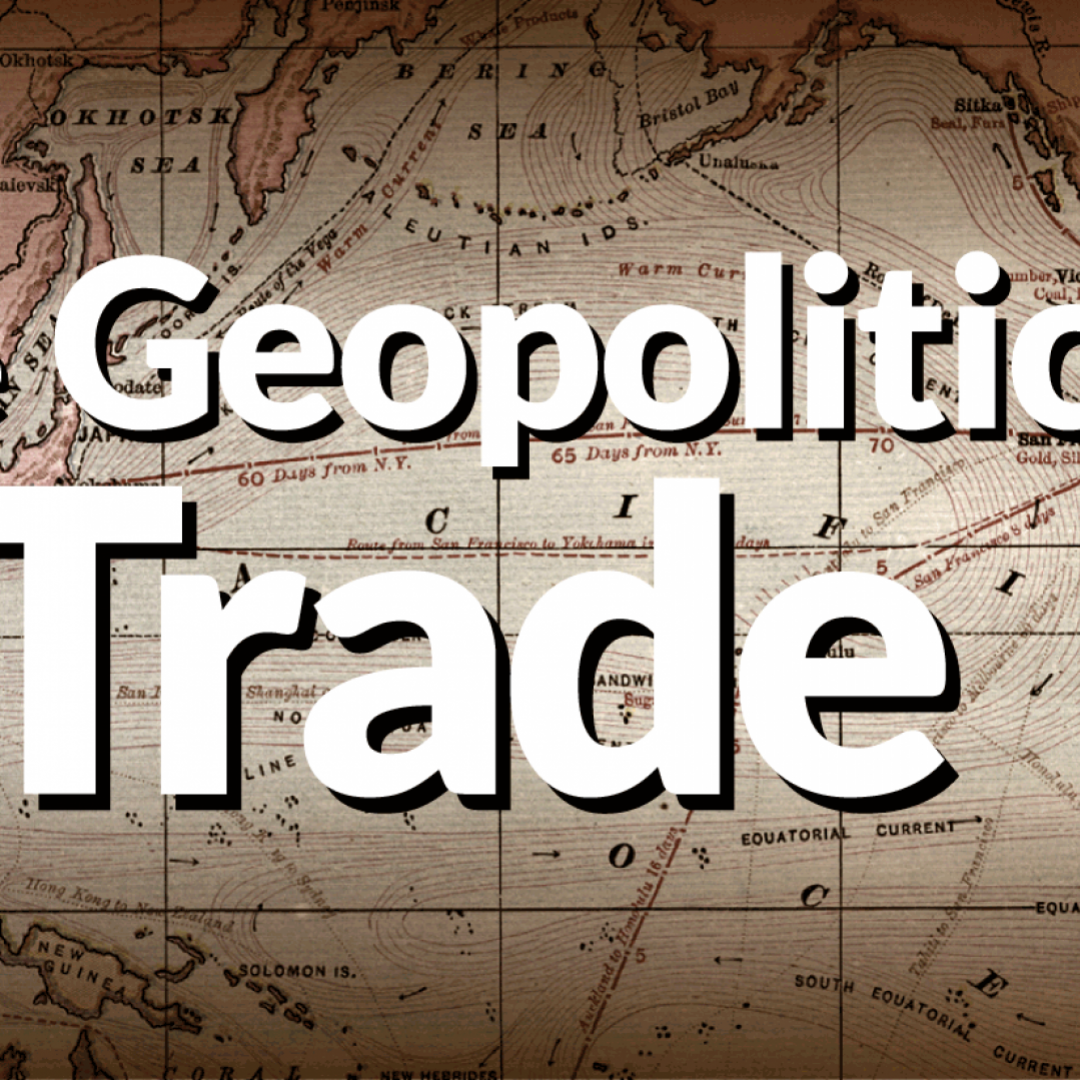
AssessmentsAug 4, 2025
The Geopolitics of Trade: Diverging Digital Governance Threatens Data Flows
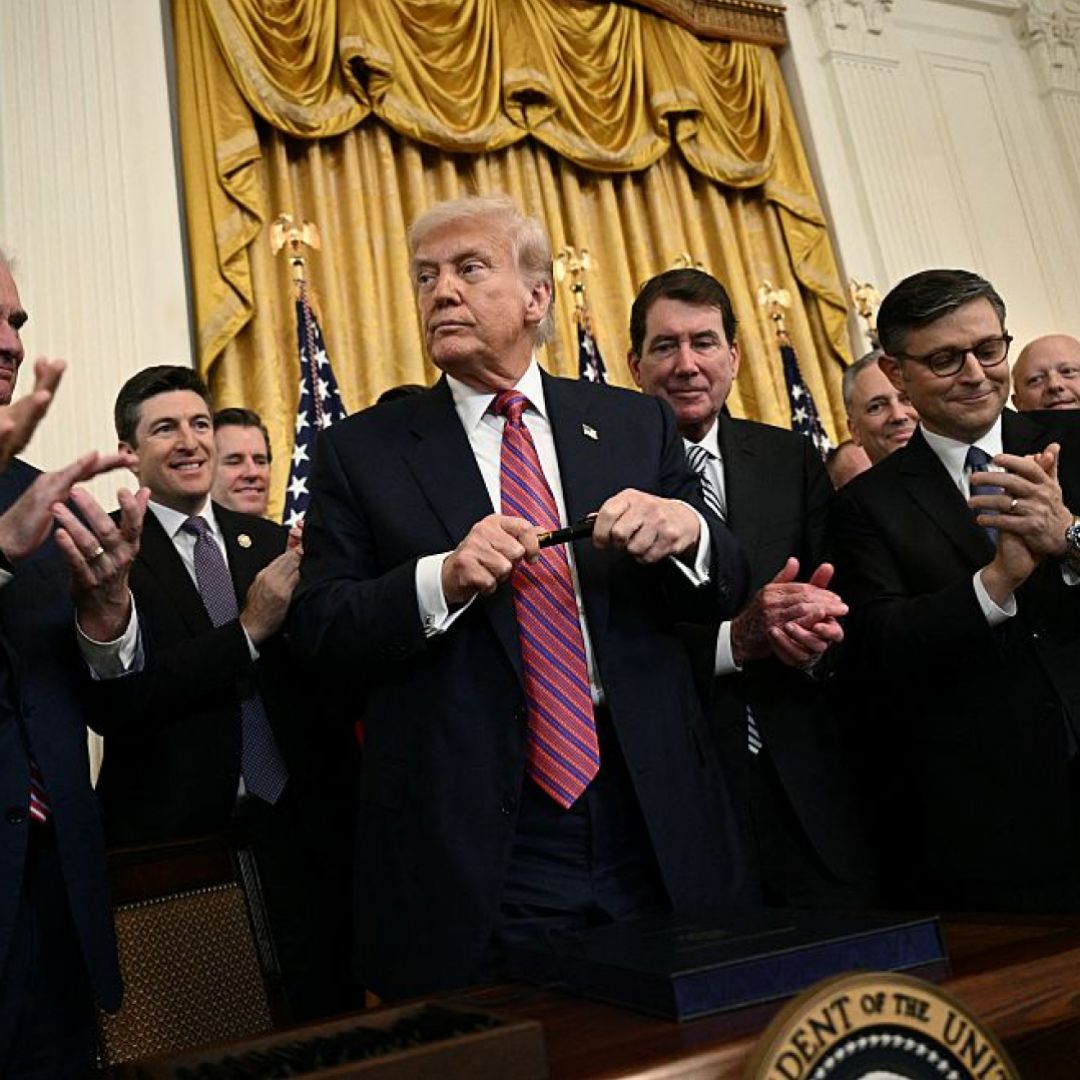
AssessmentsJul 31, 2025
Cryptocurrency Legislation Advances, Sets New Course for U.S. Cryptocurrency Landscape

AssessmentsJul 29, 2025
The Fate of the EU's Ambitious AI Act

